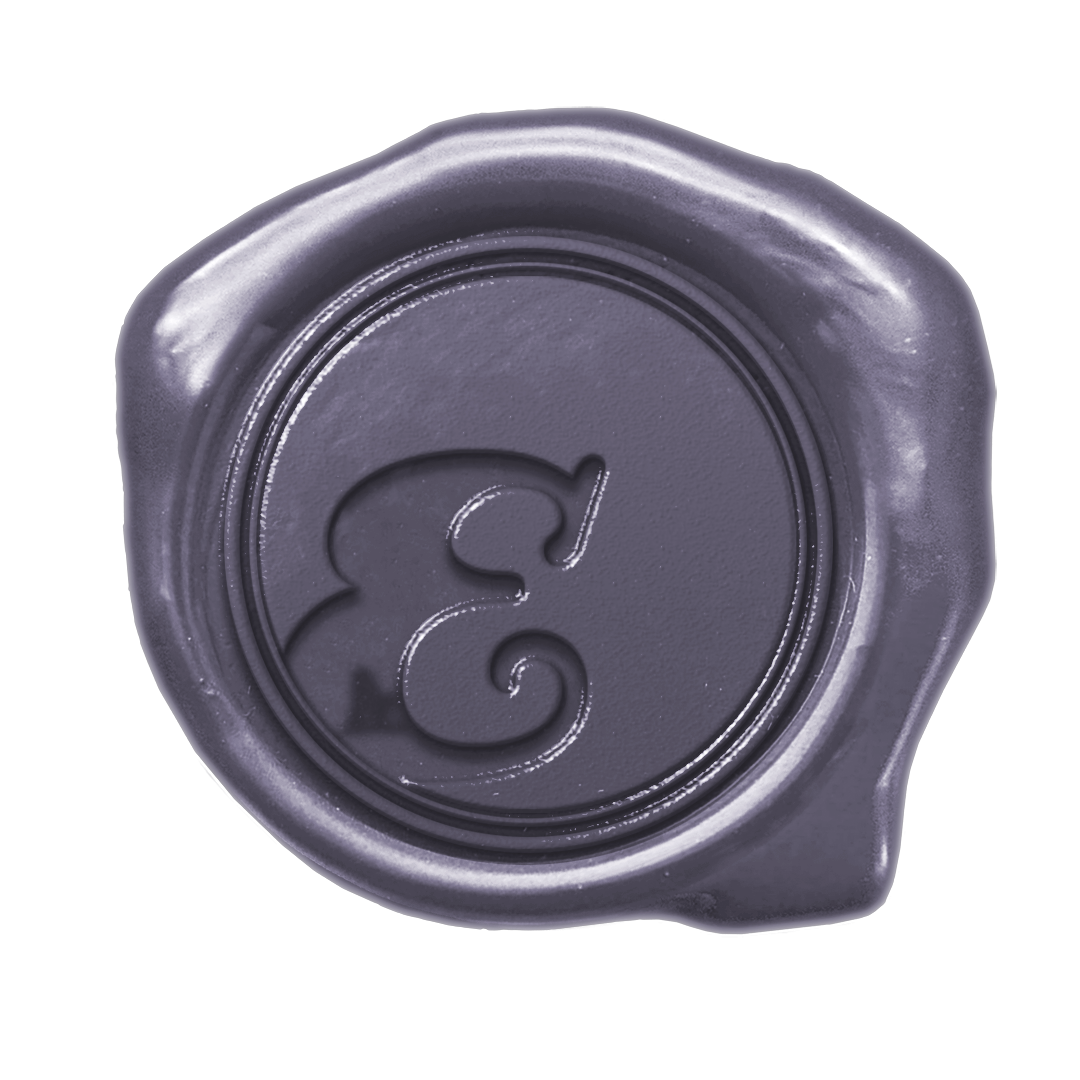What Are the Top 10 Most Commonly Misused Words?
Am I Misspelling This Correctly?
This is all subjective based on what I see in the world — if you gather words that were misused on a site such as Facebook, then there might be an infinite number of commonly misused words. And, what do I mean by misusing a word? I mean when someone spells a word correctly, but it isn’t used as intended within the sentence. So, let’s get to it!
Grey and gray: Which one is correct and why is either incorrect? One is the British spelling (BrE) and the other is the American spelling (AmE). Can you guess which is which? A friend from my writer group, Jessica Lake, gave our group a great way for remembering this. She said, “Grey with an ‘E’ is English while gray with an ‘A’ is American. E for England, A for America.” Well put, Jess.
Then there was than: People tend to misuse this word as it gets deeper into a sentence. The longer the sentence, the harder it is to distinguish the two. Then is a time stamp, for example, “I’m going to the movies, then out to eat,” while than is a comparison, for example, “I’d rather go out to eat than to the movies.”
A part is apart from each other: I think this is more a mistake because people aren’t being careful — they say that they’re “apart” of an event and I get sad for them. Why? Because it implies that they’ve been separated from something. A part = with/together, while apart = not with/not together.
I’m inferring what you’re implying: These are tricky dickies — but, they can be simple when you set them apart. Say you’re single, or in a relationship — your choice. Someone hits on you and you subtly flirt with them. You may tell them a joke that implies you’re either single or taken — implying means that you want someone to “read between the lines.” To infer is classic Sherlock Holmes — he walks around the room and based upon evidence, he infers a conclusion as to what happened.
Effect is affecting me: This one is challenging for many people, and rightly so. The simplest way to distinguish the two — typically, affect is a verb, effect is a noun. For example: “The medicine affected people” and “The medicine had an effect on people.” Notice the difference? Hint: “Had” is the verb in the second sentence.
Regardless of irregardless: This one is easy — irregardless is always incorrect. It’s a double negative, which isn’t not correct. See how confusing that sentence is? We say “It isn’t correct.” So, “irregardless” actually means “to not not have regard” = with regard… just never use “irregardless.”
So, give me an e.g. of i.e.: These are based on Latin, which is why people can’t always tell them apart. It’s understandable — why use Latin when it’s a dead language? Get it together, English! Regardless, e.g. stands for exempli gratia and means “for example.” I.e. stands for “id est,” meaning “that is to say” — a WAY better explanation for “i.e.” is “like.” For example, or e.g., “I love staying active, like (i.e) practicing yoga, going biking, running, etc.”
Is fewer less?: In simple terms, think of “fewer” as something you can actually count, e.g., “There were fewer people in attendance today.” Less is usually used as a comparison — also, think of it as trying to count sand — there is less sand on the pier than there is on the beach. Instead of counting sand… it’s simpler to say “less.”
Can I may I?: The last two in the group are starting to become archaic, but there’s still a correct usage. Can shows your actual ability to do something, e.g., “Can I move this boulder?” May is used as a request — we’ve all heard this one before, “May I use the restroom?”
Well is good: Again, this one is the least of my concern as separating these has definitely fallen out of favor. It used to be that you’d ask someone, “How are you?” and they’d reply, “I am well, thank you.” Well means/meant your physical state of being or health. Good refers to a benefit or advantage someone has. Good has so many meanings that it has naturally evolved into more uses. “This is for the greater good,” “I’m good to go,” “We’re all good here,” etc. Each one of those has its own unique meaning. Good has also started to mean one’s mental/emotional wellbeing. We started to say, “I’m having a good day,” or “All is right and good with me.” So, if someone asks you, “How are you,” and you say, “I’m good,” that can mean more than your physical wellbeing, in my opinion. Of course, it won’t stop someone of an older generation hounding you for being “incorrect.” If they do, tell them that language is evolving and it’s no longer incorrect.
That’s what’s funny about language, though. My “rules” for what is correct is based on academics, i.e., universities, institutions like newspapers that follow the A.P. style of writing, etc. Language evolves and changes, so what’s correct today won’t always be correct. But, for now, the above is what’s technically correct — that’s why it’s important to hire a writer to help you out with these things.


